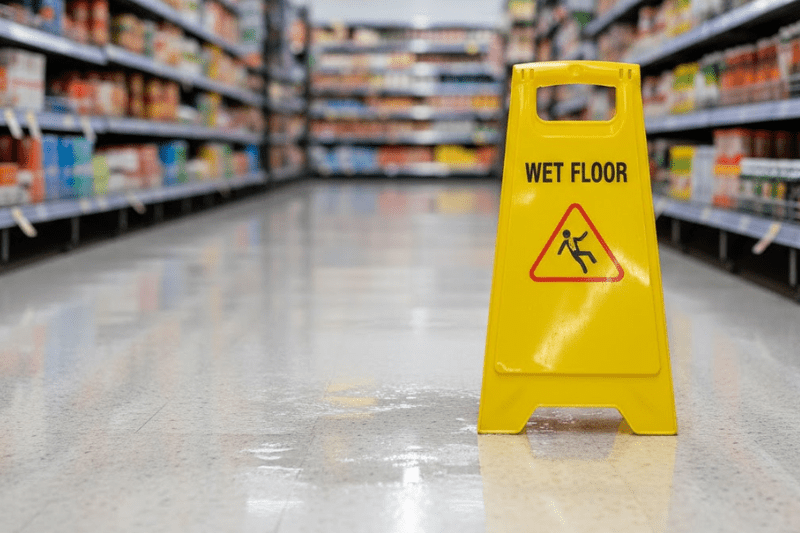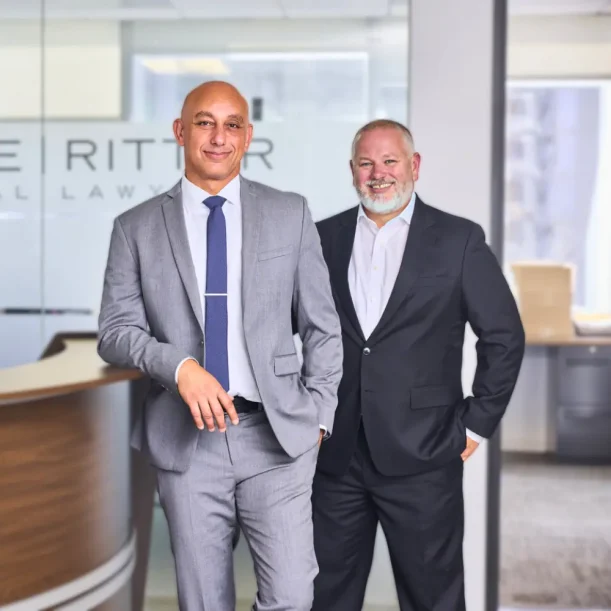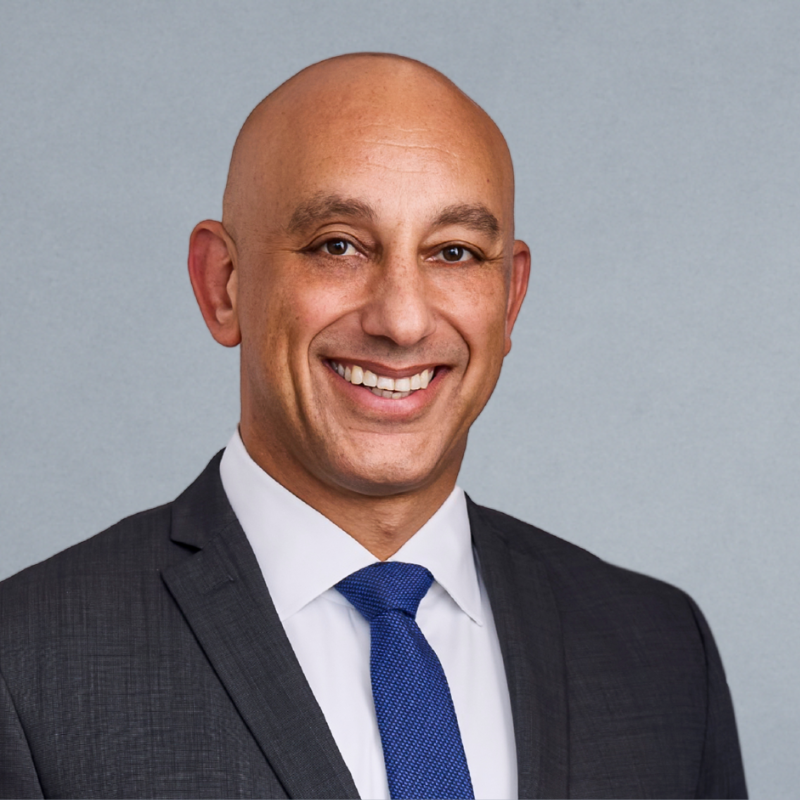Falls are one of the most common causes of injury in America. According to the National Safety Council, they made up 35% of all preventable nonfatal injuries in 2023. Many happen in places we visit every week, such as supermarkets, grocery aisles, and checkout lines. A small puddle or piece of fruit on the floor can cause a serious accident that changes your life in seconds.
If you’ve been hurt in a slip and fall accident in a supermarket, knowing what to do and documenting what happened right away can make all the difference in proving your case and protecting your rights.
Hazards That Cause Most Supermarket Falls
Supermarkets are always in motion. Workers restock shelves, shoppers move quickly through aisles, and cleaning crews do their best to keep things tidy. With so much happening at once, even a small hazard can appear in seconds and go unnoticed until someone gets hurt.
Here are some of the most common causes of slip and fall accidents in supermarkets:
- Spilled liquids or leaking refrigerators make floors slick and unsafe.
- Dropped produce or loose packaging creates hidden tripping hazards.
- Freshly mopped floors without warning signs, leaving shoppers unaware of danger.
- Uneven flooring or rolled-up floor mats that can catch a customer’s foot.
- Poor lighting near freezer aisles or stockrooms makes it hard to spot spills or debris.
Supermarkets have a duty to keep their stores safe for customers. When they neglect that duty, even a simple shopping trip can lead to serious injuries and costly medical bills.
Immediate Actions to Take After a Slip and Fall Injury
If you’ve been injured in a store, you might wonder what to do after a slip and fall accident to protect your health and legal rights. Here’s what to do step by step:
- Check for safety before moving
- Take photos and videos of the scene
- Report the incident to store management
- Collect witness information
- Save Evidence and Record Details
- Get medical attention right away
Let’s look at each of these more closely.
Check for Safety Before Moving
If you’ve fallen in a supermarket aisle, take a moment to steady yourself. Look for sharp items, broken glass, or shopping carts around you. If you’re in pain, don’t try to stand up too quickly; ask for help from a nearby shopper or employee.
If your injuries are serious, call 911 or ask someone else to do it. Your safety comes first.
Take Photos and Videos of the Scene
Supermarkets often clean up spills quickly after a slip and fall, so gather visual evidence immediately. Take pictures of:
- The exact spot where you fell
- The hazard (spilled liquid, loose item, etc.)
- Missing or unclear “Wet Floor” signs
- The lighting and floor conditions
- Any torn or stained clothing or shoes
If able to, take wide shots showing the surrounding area. This helps show that the hazard was visible and preventable.
Report the Incident Right Away
Ask to speak with the store manager or supervisor on duty. Calmly explain what happened, when it happened, and where. Request an incident report and ask for a copy before leaving.
If the manager refuses to give you a copy, write down their name, job title, and what was said. This record helps your attorney later.
Injured in a Supermarket Fall?
Collect Witness Information
Other shoppers or employees may have seen you fall or noticed the hazard before it happened. Ask witnesses for their names and phone numbers. Even one statement confirming the spill or unsafe condition can make your claim much stronger.
Save All Physical and Digital Evidence
Keep everything related to your fall, including:
- The shoes and clothes you were wearing
- Medical records and receipts
- Emails or texts with the supermarket or insurance companies
If you used your phone to take photos or report the fall, save backups of those files too.
Write Everything Down Immediately After the Fall
Memory fades fast. Within a few hours, write down everything you remember about the fall:
- The time, date, and aisle you were in.
- What were you doing before the fall?
- What caused it? (spill, product, poor lighting, etc.)
- Who did you speak to afterwards?
For example, note if you saw employees nearby or heard someone mention the spill before you fell. Those small details can make a big difference later.
Get Medical Attention Right Away
Even if you can still walk, get checked by a doctor right away. Some injuries, like sprains or head trauma, take time to appear.
Your medical records will help connect your injuries to the supermarket fall and show how serious they are. Follow your doctor’s orders and attend all follow-up appointments.
What to Do If You’re Too Injured to Document the Scene
If your injuries keep you from gathering evidence, ask a friend, family member, or even an employee to take photos for you. Most supermarkets have cameras running 24/7, but footage can be deleted quickly. Your lawyer can request that it be preserved before it’s lost.
Avoid Common Mistakes That Can Hurt Your Claim

A supermarket fall can catch anyone off guard. You might feel embarrassed, want to get up quickly, or try to shake it off, but those first few moments matter. Small missteps can weaken even a strong claim, while the right actions can help protect your health and your right to compensation.
To protect your rights, try to avoid these common errors:
- Leaving without reporting the fall
- Skipping medical treatment
- Talking to the store’s insurer without legal advice
- Apologizing or admitting fault
- Losing important evidence
Insurance companies often look for reasons to deny or reduce payouts. Our skilled California slip and fall attorney can handle all communication, protect your claim, and make sure you’re treated fairly while you focus on healing.
Why Supermarket Falls Can Be Tricky and Who’s at Fault
Proving fault in a slip and fall accident in a supermarket can be challenging. Stores and their insurers often argue they didn’t know about the spill or hazard soon enough to fix it. To prove negligence, your lawyer must show that:
- 1. The store knew or should have known about the danger. Example: Employees walked past a puddle several times without cleaning it up.
- 2. The store failed to fix or warn customers in time. Example: No “Wet Floor” sign was placed after mopping.
- 3. The unsafe condition caused your injuries. Example: You slipped on the spill, fell, and suffered a back injury that required treatment.
Because evidence can disappear fast, your slip and fall injury attorney can investigate the scene, review maintenance logs, and secure surveillance footage before it’s gone.
How a Slip and Fall Attorney Can Help You Recover Compensation
The hours and days after a supermarket fall are often the hardest. You’re in pain, dealing with doctors and insurers, and unsure of your next step. Before the stress takes over, reach out to a slip and fall injury attorney who can protect your rights from day one.
Our skilled California slip and fall lawyer can step in right away to:
- Investigate the scene and gather evidence before it’s lost or destroyed
- Request store surveillance footage and interview witnesses who saw what happened
- Handle all communication with insurance companies so you don’t have to worry about saying the wrong thing
- Calculate your medical bills, lost income, and pain and suffering to make sure nothing is overlooked
- Negotiate for a fair settlement or fight for you in court if the store refuses to take responsibility
Don’t Wait, Protect Your Rights With a Free Consultation

Recovering from a supermarket slip and fall accident is hard enough; you shouldn’t have to face the insurance companies alone. At El Dabe Ritter Trial Lawyers, we’ve helped thousands of Californians secure the compensation they deserve.
Let our experienced slip and fall injury attorneys handle the legal fight while you focus on healing. Schedule your free consultation today. You owe nothing unless we win.

SHERIF EDMOND EL DABE
Founder / Partner / Attorney
Sherif Edmond El Dabe, founding partner of El Dabe Ritter Trial Lawyers in Los Angeles and Huntington Beach, is a seasoned trial attorney focused on catastrophic injury, wrongful death, and insurance bad faith cases. He has recovered over $500 million for clients and spoken at leading legal conferences, including CAALA and TBI Med Legal.
Disclaimer: The information provided in this blog post is not intended as legal advice and should not be relied upon as such. You should consult with an experienced attorney for advice on your specific situation.
